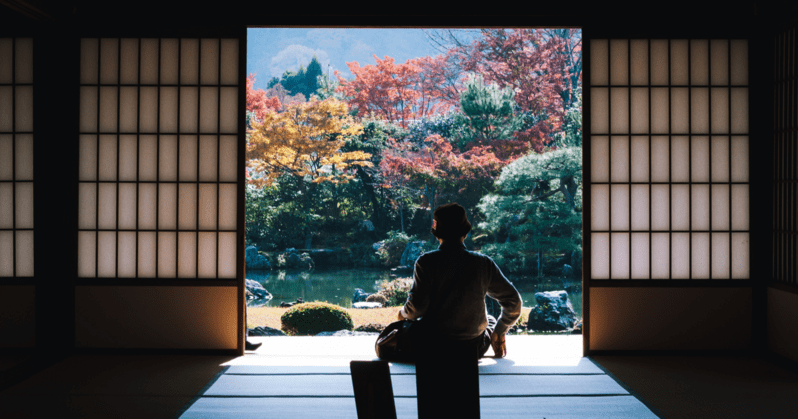It's no secret to the world that Japanese culture is exemplary when it comes to values. From respect to cleanliness to organisation, these are almost synonymous to them. Despite the almost-absolute spotlessness of their reputation, however, did you know that their secrets to becoming the admirable nation we know of are not exactly rocket science? Ahead, we break down some of the most common Japanese values and practices that the world should take note of — and can easily adapt if we try.
Actively showing respect towards everyone

Bowing is not something that's limited to the Japanese culture, but it's definitely something the Japanese actively do more than other Asian countries. It's a part of their everyday interactions, whether it be seeing a neighbour they don't really talk to, greeting the convenience store lady who handed them change or even the driver who let them pass a sidestreet pedestrian first out of courtesy.
It is a practice that is almost like an involuntary gesture to the Japanese people, showing how much the idea of respect is deeply embedded in their culture since youth. Even their deers in Nara bow before and after you give them food. How's that for proof?
Camaraderie habits that are meant to raise harmony and morale
Getting along harmoniously in the community you belong to, whether it be in your personal life in school or in your office, is also something the Japanese strongly believes in. That's why they have certain practices involving entering a new environment or accomplishing tasks to promote this kind of connection towards one another.

The first one is the phrase "yoroshiku (informal) or "yoroshiku onegaishimasu (formal)" which can be loosely translated to "please treat me well throughout our relationship" or "I hope we get along well". Often said when one enters a new setting, this is not to be mistaken for a mark of dependency. Rather, this phrase is actually meant to show humility and openness to being guided and taught. It also somehow sounds like a pledge to strive hard to regard everyone they will be working with in the future with respect.
Meanwhile, the phrase "otsukaresama deshita," loosely translated to "thanks for the hard work," is something that is said every single day at the end of one's work shift to acknowledge the efforts of everyone. Addressed to your co-workers, not only does it serve as a pat on the back but also serves as motivation to do better the next day.





